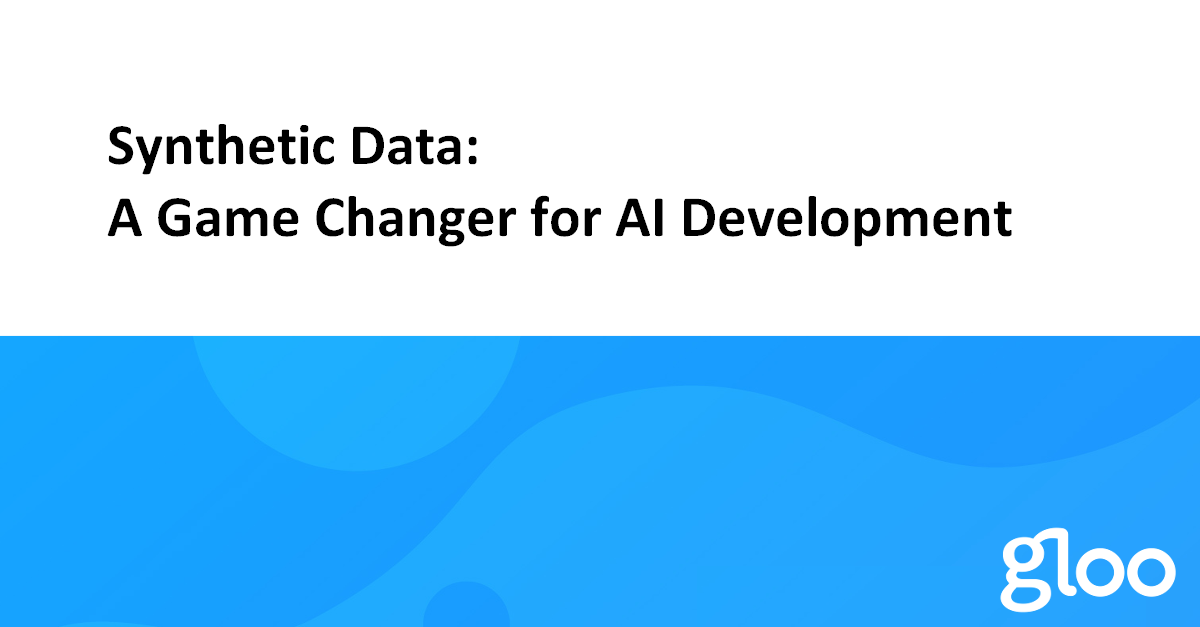Synthetic Data: A Game-Changer for AI Development
As AI companies like Microsoft, OpenAI, and Cohere push the boundaries of generative models, they are exploring new avenues to feed their hungry algorithms with massive amounts of data. Enter synthetic data—computer-generated information designed to train large language models (LLMs) and revolutionize the cutting-edge technology.
Generative AI has captivated both investors and consumers alike, with tech giants like Google, Microsoft, and Meta vying for supremacy in this promising domain. However, there are challenges. The current training process for LLMs involves scraping the internet for data, relying on digitised books, articles, social media posts, and more. Yet, this approach is proving insufficient as AI models become more sophisticated and require higher-quality data.
With concerns about privacy violations and the exhaustion of easily accessible data, AI companies are turning to synthetic data as a solution. By utilizing AI models to produce text, code, and complex information, these companies can train advanced LLMs to surpass their previous capabilities. Cohere, a noteworthy $2 billion LLM start-up, is among the pioneers of synthetic data, employing AI models to generate conversations on various subjects and then refining them with human input.
The advantages of synthetic data are evident. Besides sidestepping the high costs associated with human-created data, it enables the development of sophisticated AI systems capable of addressing real-world challenges in science, medicine, and business. Moreover, synthetic data preserves individual privacy and eliminates biases present in existing datasets, offering more accurate and unbiased results.
However, as with any revolutionary technology, there are potential risks. Critics highlight the danger of AI companies using raw data from primitive versions of their own models, known as "dog-fooding." Training AI models on low-quality synthetic data could lead to a degradation of the technology over time. Researchers emphasise the need for careful curation to ensure that synthetic data improves upon real-world information, rather than corrupting it.
Despite these concerns, AI researchers like Cohere's CEO, Aidan Gomez, remain optimistic about the potential of synthetic data to accelerate the development of superintelligent AI systems. The dream, according to Gomez, is to have AI models capable of self-learning, asking questions, and creating new knowledge—ultimately leading to a brighter and more advanced future.
In conclusion, the advent of synthetic data marks a significant step forward in the evolution of artificial intelligence. As AI companies harness this technology responsibly and take heed of potential pitfalls, we can anticipate groundbreaking advancements that will reshape industries and our daily lives. So, fasten your seatbelts as we embark on this exciting journey into the realm of synthetic data and the limitless possibilities it holds.

